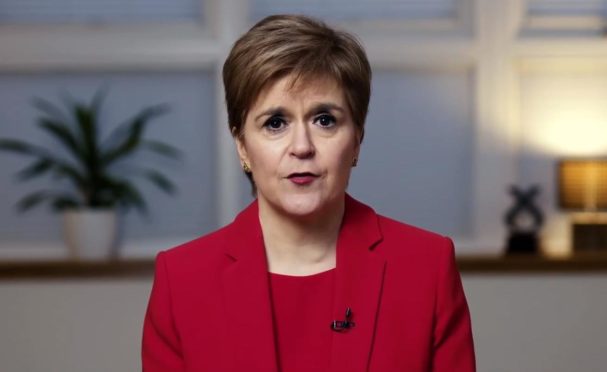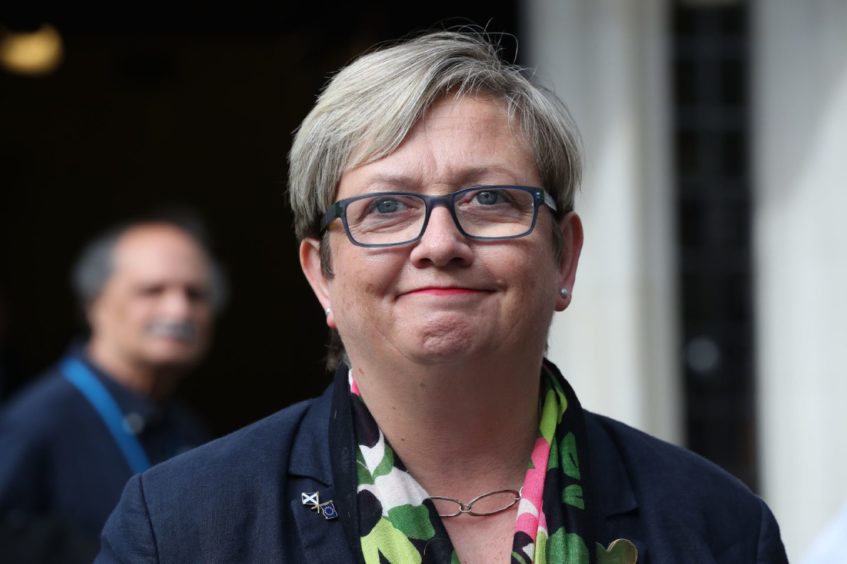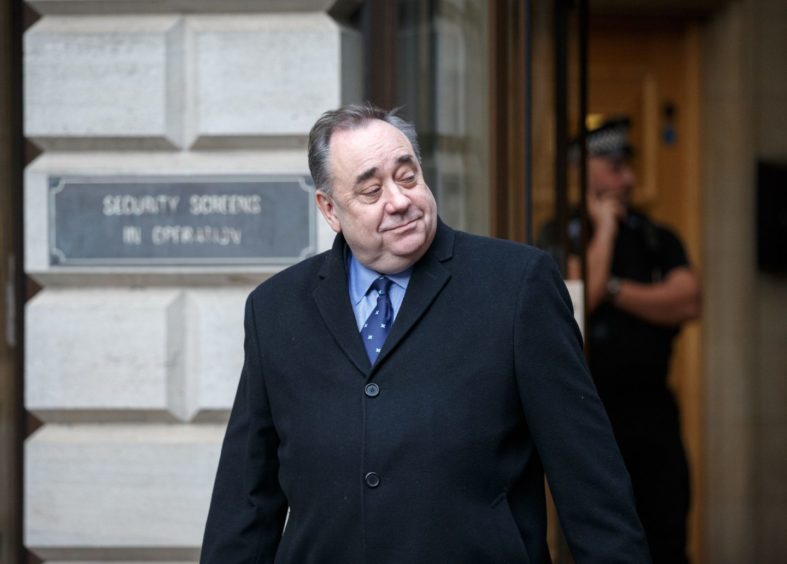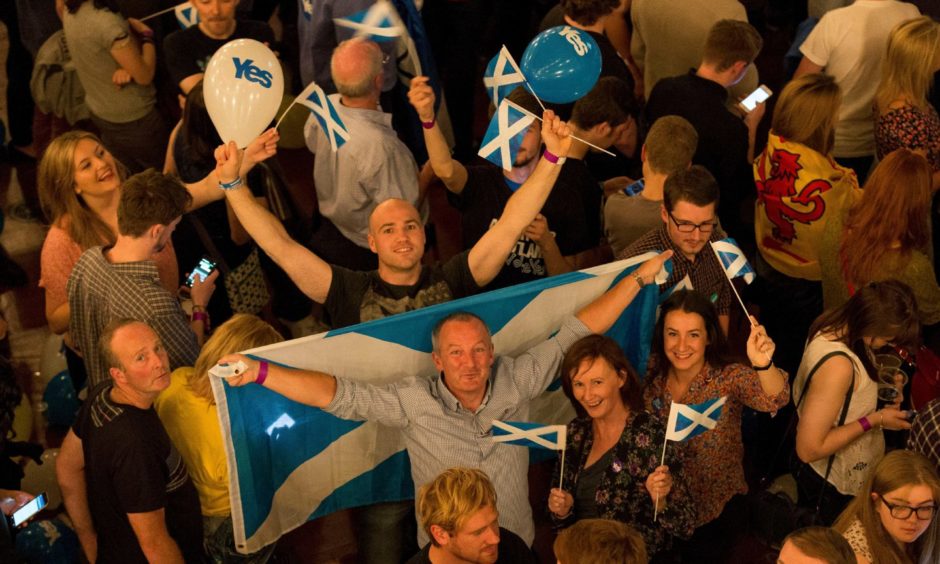First Minister Nicola Sturgeon brought the SNP’s 86th annual conference to a close on Monday without the usual rapturous applause.
It was the party’s first virtual national event, swapping venues like the P&J Live for an impressive online portal allowing members to meet and greet and the majority of speeches and addresses to go off (almost) without a hitch.
It is not entirely surprising the prospect of Scotland becoming independent was raised throughout a conference of members of the Scottish National Party, so this will not be considered one of the main talking points.
Here are the main takeaways from SNP Conference 2020.
Tackling child poverty
Ms Sturgeon, in her closing remarks, highlighted the government’s commitment to the Scottish Child Payment.
Low-income families will receive an extra £10 per week for every child — initially for children up to age six and then for every child up to age 16 — from the Scottish Social Security in February.
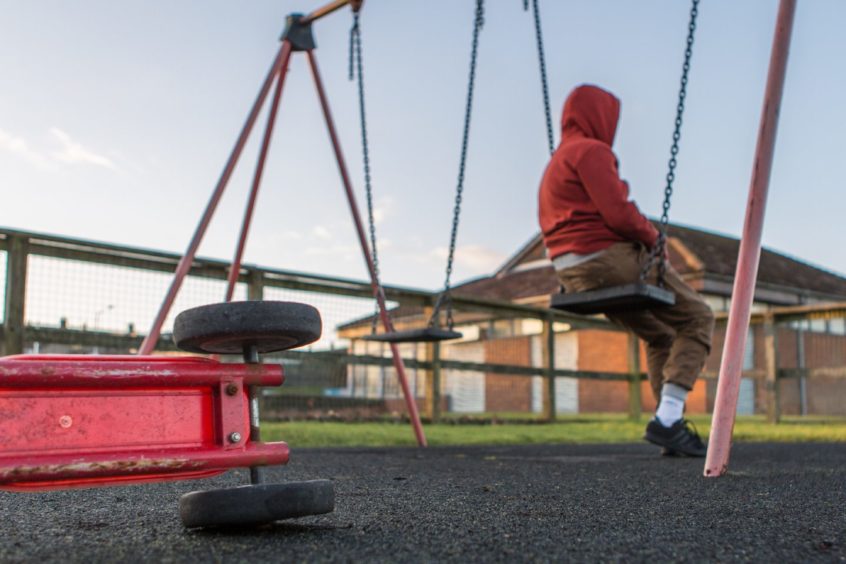
The SNP leader announced a funding bridge of £100 million, which will mitigate the gap on benefit payments until then, as well as support coronavirus victims and the homeless, she added.
This was welcomed by charities, including the Child Poverty Action Group.
A £100 cash grant to families in receipt of free school meals will be offered before Christmas, Ms Sturgeon promised.
‘Civil War’
While all quiet on the digital front, the SNP’s “civil war” shows no signs of letting up.
A row at the heart of the party risked collapsing into a chasm just hours before the final day of the party’s conference as Joanna Cherry publicly pleaded with Nicola Sturgeon to call out out a “campaign of abuse, smears and violent intimidation” against her.
Ms Cherry, one of the party’s most senior figures at Westminster, said she had repeatedly made attempts to raise concerns with the party “to no avail” and claimed figures close to fellow SNP MP Alyn Smith were involved.
The Edinburgh South West MP posted an extraordinary social media statement on Monday morning in which she called on Nicola Sturgeon directly “to do something or at the very least acknowledge the problem I face”.
Ms Cherry, a QC, led efforts last year in the crusade to derail Brexit at the High Court.
It was successful, and Boris Johnson’s government was found to have acted unlawfully in proroguing parliament.
Her own advisers also appeared at the High Court Edinburgh in an advisory capacity to Alex Salmond, during a trial at which he was accused of attempted rape. Mr Salmond was acquitted of all accusations.
She recently called for Mr Salmond to be reinstated into the party.
In any case, Mr Salmond’s shadow looms large.
Cash for the NHS
Every NHS employee and social care staff frontline worker will get a £500 “thank-you” payment in recognition of their “extraordinary service” during the coronavirus.
Ms Sturgeon set a challenge for the Westminster government, pleading with them not to tax the gift, as she did not have the powers not to.
Potential political posturing aside, NHS and care home staff have borne the brunt of the pandemic, with Ms Sturgeon acknowledging the payment was a step up from the Thursday-night banging and clapping and Spitfire flypasts done to support them earlier this year.
Free school meals
On Saturday, deputy first minister John Swinney announced, if elected in May, an SNP government would introduce free school meals for all children aged P1-P7.
If this sounds familiar, it is because Scottish Conservative leader Douglas Ross announced a very similar policy at his party conference earlier this month.

Mr Ross asked for the policy to be introduced now, adding imitation was flattering and in the fracas back and forth the SNP pointed out Mr Ross abstained on a “free school meals” vote in Westminster while his party MPs voted against.
The policy, it has been suggested, could shorten the attainment gap, something the SNP government had been promising for some time — even if Ms Sturgeon missed it from her speech.
Climate emergency
After declaring a climate emergency last year, conference passed a number of resolutions to try to keep the unfolding environmental crisis as newsworthy as that other dangerous C-word — coronavirus.
Of course, the party agreed the best way to do this would be for the country to be independent, complaining reserved powers were “acting as a barrier” to a clean transition from fossil fuels to clean energy.
Members backed a motion committing the party to deliver a “green recovery” from the Covid-19 pandemic and continue its “progress towards achieving a just transition to Scotland’s world-leading net zero targets”.
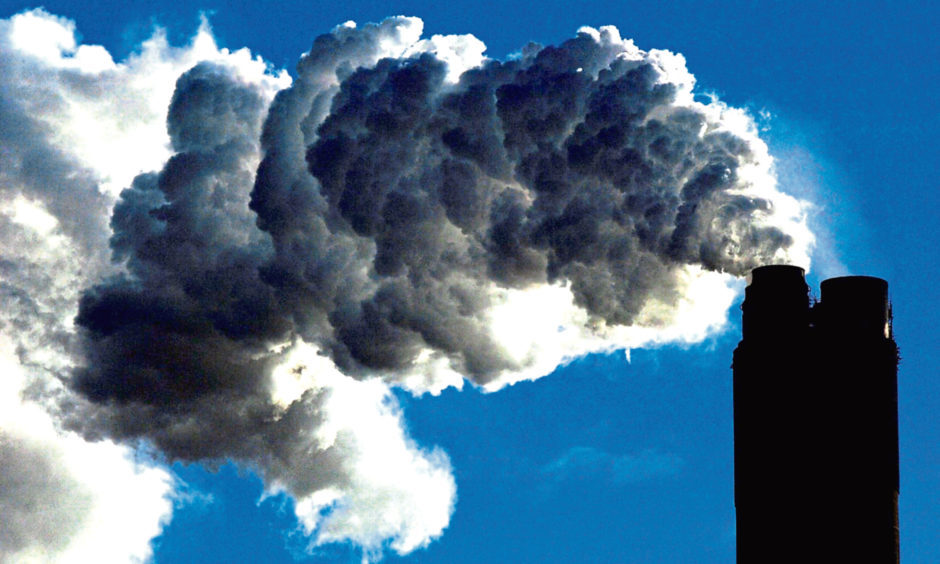
Scottish ministers will be “urged” to decarbonise homes, buildings and transport by bringing forward a ban on fossil fuelled cars and vans from 2032 to 2030.
The words fossil fuel and oil did not appear in the first minister’s closing speech.
Glasgow will host the COP26 UN summit next November (it having been cancelled this year because of the pandemic) with none other than President-elect Joe Biden expected to attend.
As Barack Obama’s Vice-President, Mr Biden toed the line in opposing Scottish independence in 2014. He is also not a great fan of Brexit and against a hard border between Northern Ireland and the Republic.
Expect plenty of questions directed Mr Biden’s way on all such matters come November, because…
Independence
Yes, it is no surprise “self-determination” was raised at SNP conference 2020.
But Ms Sturgeon has spent the majority of the pandemic practically refusing to talk about politics or independence when asked by journalists.
Ahead of conference, however, the i-word reared from its slumber, with Ms Sturgeon announcing in her closing speech on Monday that, if elected, the SNP government would seek “a legal referendum” on whether the country should separate from the rest of the UK.
Labour’s new constitution spokesperson, Anas Sarwar, said Ms Sturgeon had an obsession with independence, claiming it was her “top priority”.
Lib Dem leader Willie Rennie added the country’s “mammoth” recovery from the pandemic would have to get in the queue now that Ms Sturgeon was focusing once more on a referendum.
Douglas Ross accused the first minister of “grandstanding” and undermining parliament.
We also get a little bit more on timing, with Ms Sturgeon saying she would want to see any vote take place in the early part of the next parliament.
